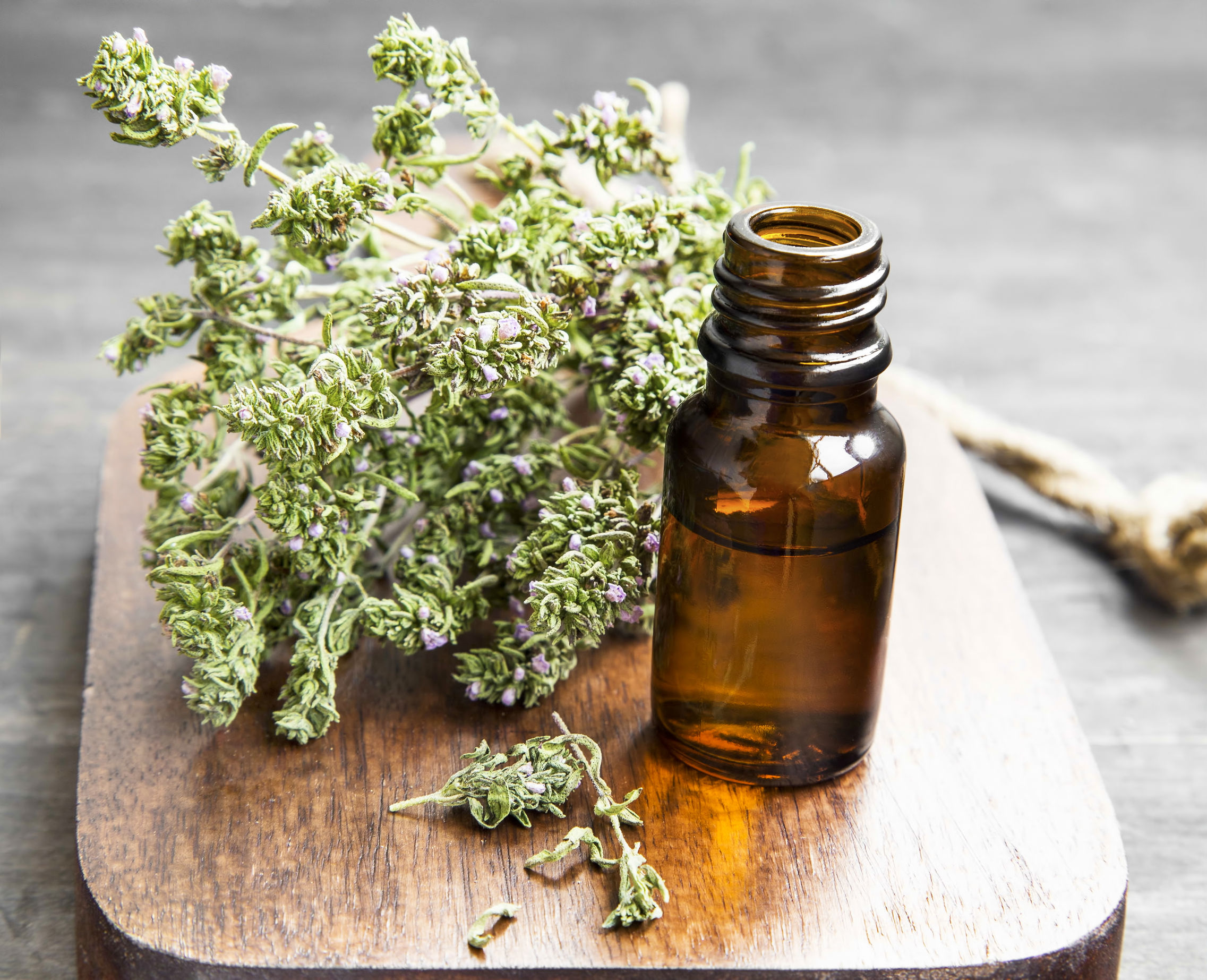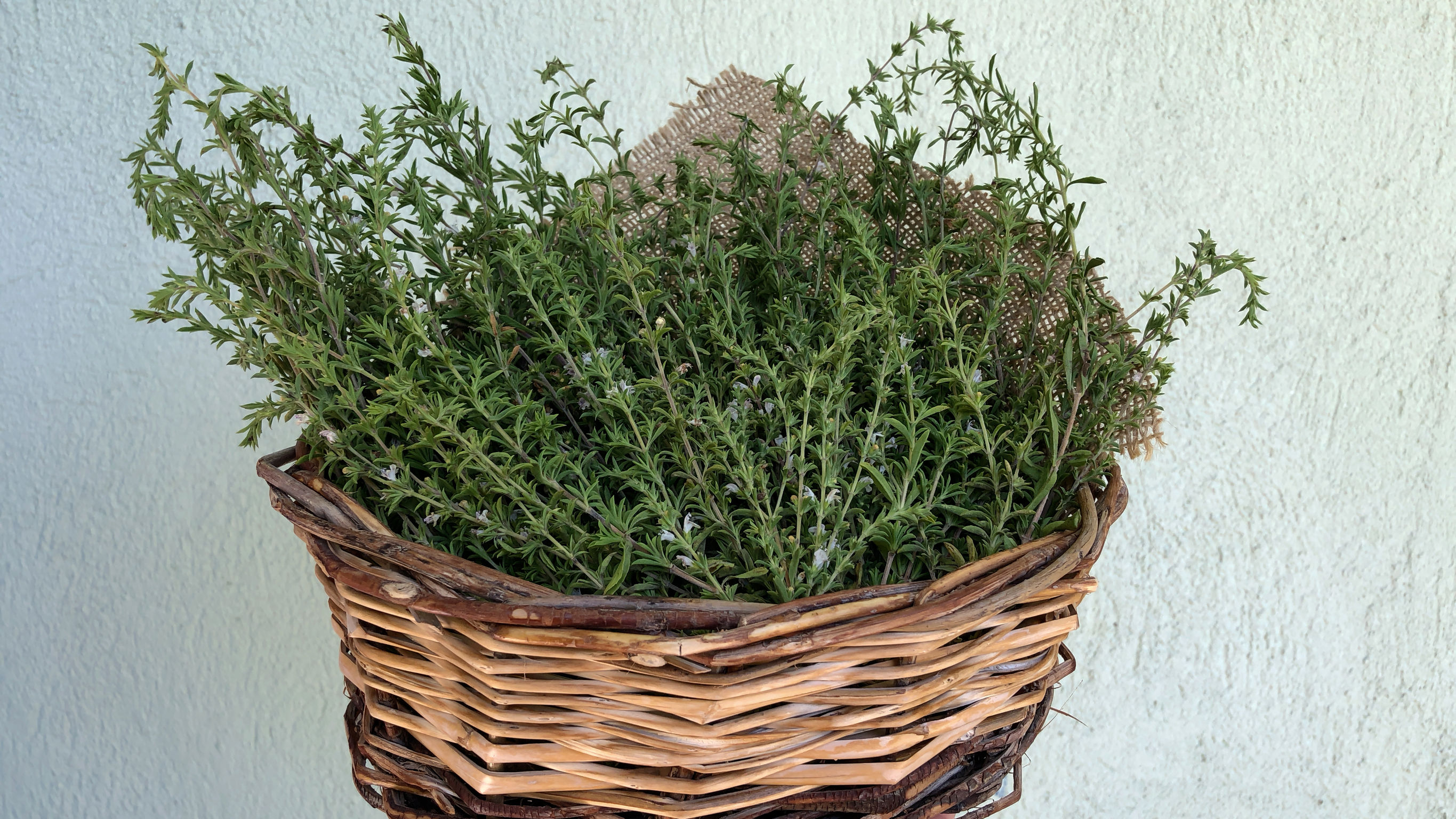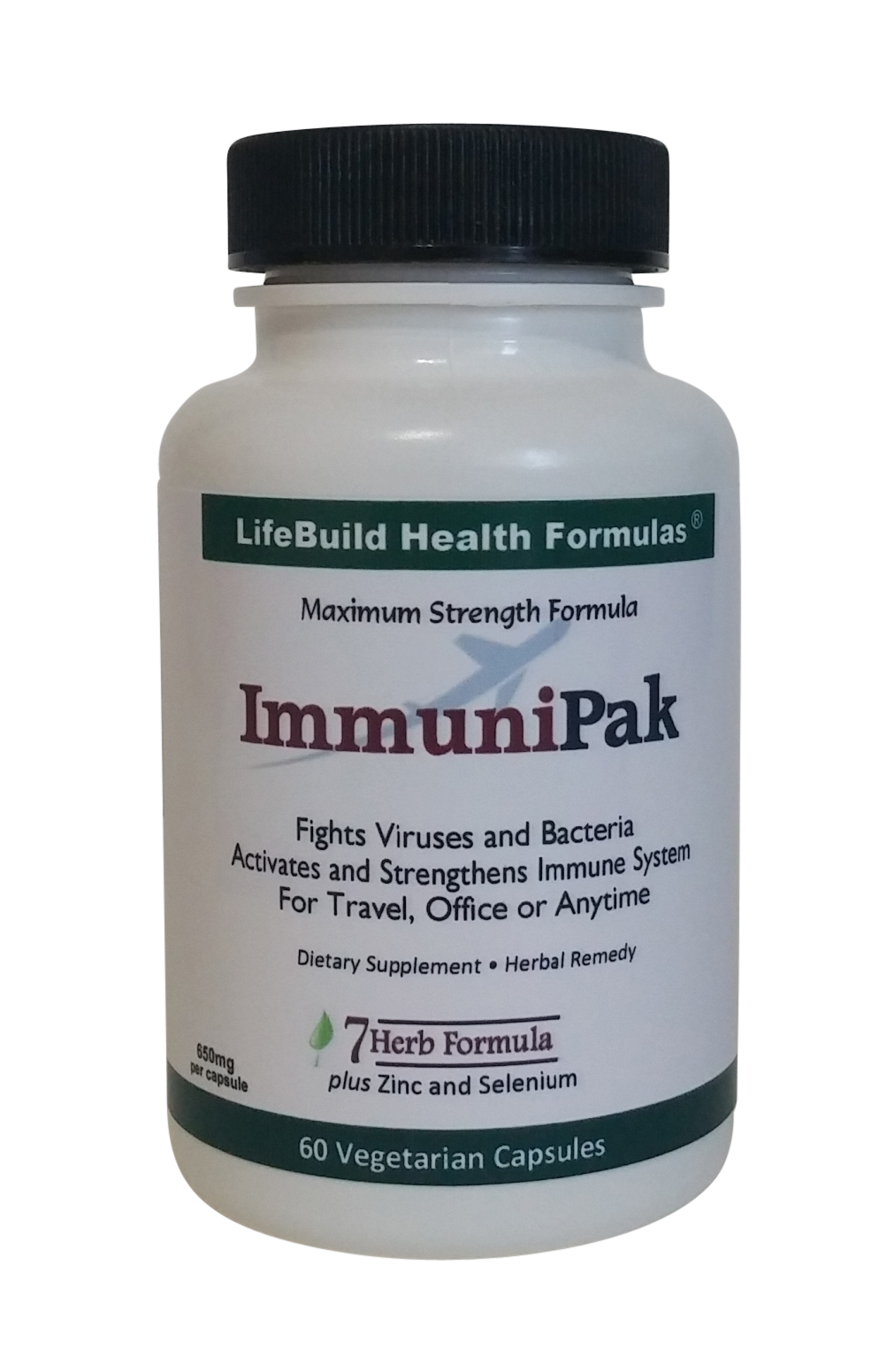The Many Benefits of Thyme
If you’ve ever done much cooking,
you’re probably already familiar with Thyme leaf, one of the most common
and important culinary herbs in any kitchen. But what you might not be familiar with are the incredible and diverse medicinal benefits of Thyme that go way beyond the kitchen.

Thyme (Thymus Vulgaris) has been used as a medicinal herb for many thousands of years attesting to both its effectiveness as well as its safety.
And over the last several decades, researchers have confirmed what natural healers have known for centuries, and that is the medicinal benefits of Thyme make it a powerful tool in the natural remedy arsenal.
As new and novel bacteria and viruses as well as antibiotic resistant bacteria continue to make their way onto the global stage, we'll be turning more and more to natural remedies to support our health.
Benefits of Thyme for the Immune System
Thymes support for the immune system and immune related conditions is well known and is why it's an important ingredient in the ImmuniPak, our premium immune support formula.
But it is also an excellent
antioxidant and highly nutritious and provides support for the digestive
and urinary systems and all body systems that harbor unwanted bacteria or fungus.
In herbology, it is most well-known for its antiseptic, antiviral, antibiotic, antifungal as well as its insecticidal or antiparasitic properties.
According to the German Commission E, one of the most respected herbal therapeutic guides in the world, Thyme is approved for bronchitis, whooping cough, pertussis and upper respiratory inflammation.1
Thyme has the ability to stimulate and strengthen the thymus gland, which enhances immune function making it an effective natural support for the common cold and other immune related conditions.
It is used as an expectorant, which functions to relieve congestion and accumulated mucous. And it is also used as an antitussive which helps to calm and sooth coughs.
Thyme is also used as a gargle for sore throats, for an upset stomach, intestinal gas(flatulence), skin disorders and parasitic infections. It is also a mild diuretic.

Thyme Fights Biofilm
Another important medicinal benefit of Thyme is the ability to dissolve biofilms within the body. Biofilms are a sort of slimy protective film or coating created by a bacteria or fungus. A good example is dental plaque, and you will find Thymol, an important chemical found in Thyme, in mouthwash or antiseptic products.
You will also find biofilm in the
digestive, urinary, or other body systems. They serve as protection for the bacterial
or fungal colonies in the body making it difficult for the immune system to identify
and kill the bacteria or fungus. Biofilms also make antibiotics less
effective. So using Thyme while on an antibiotic may help increase the effectiveness of antibiotics.2
Since Thyme inhibits the formation of biofilms produced by bacteria or fungus, it makes it a valuable natural tool for such conditions as urinary tract infections as well localized or systemic fungal infections such as Candida Albicans or other types of fungal infections.
Thyme Supports Hormonal Balance
And while thyme is excellent support for the immune system, it is also used to help balance hormones due to its phyoestrogen and phyoprogestin activity.3
This diversity has helped Thyme become a regular contributor to the health and well-being of millions who routinely use herbs around the world.
There are multiple medicinal chemicals found in Thyme. But two of the most important and active chemicals are Thymol and Carvacrol. Thymol was first isolated from Thyme back in 1719. So you can see the benefits of Thyme have been of interest to the scientific community as a natural therapeutic for centuries.


